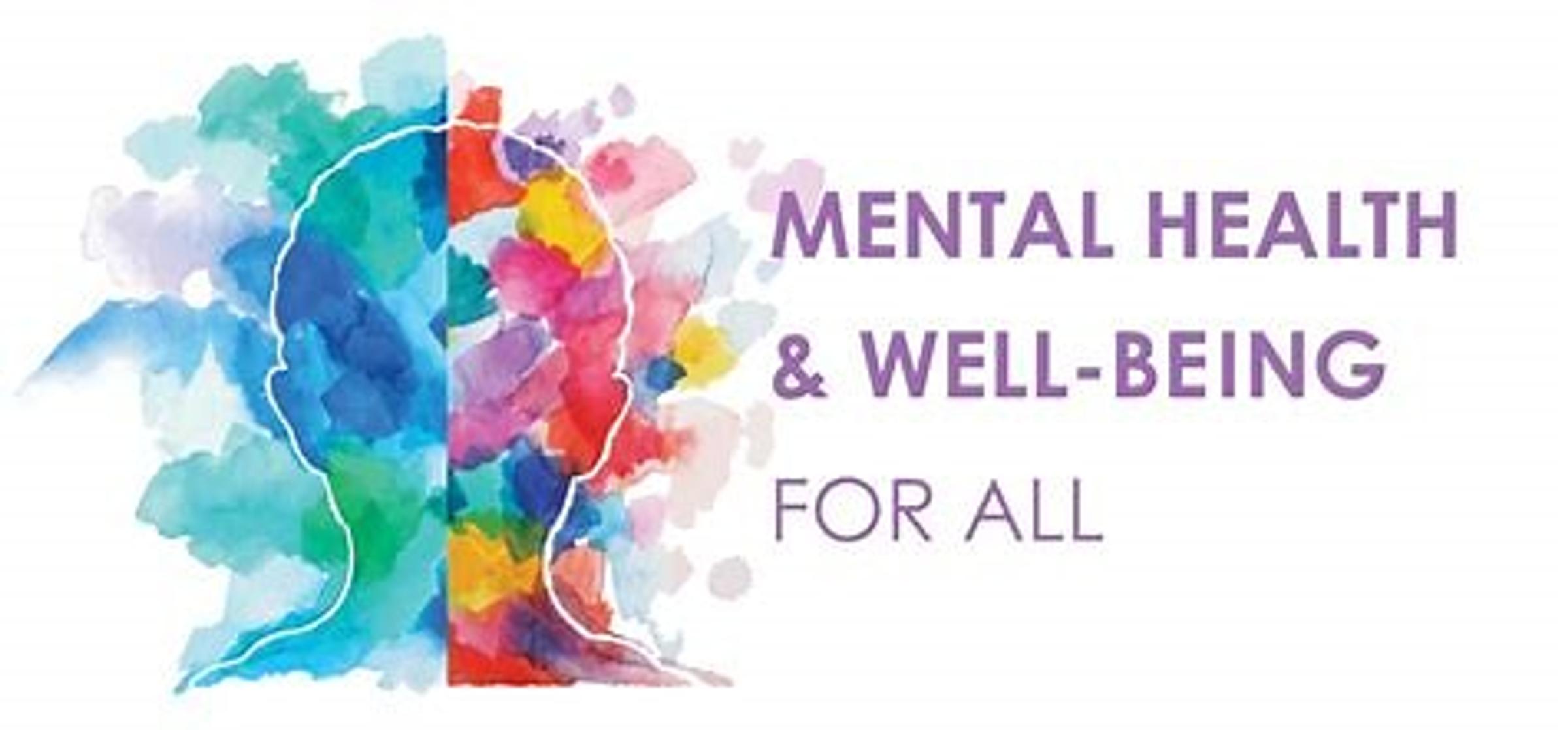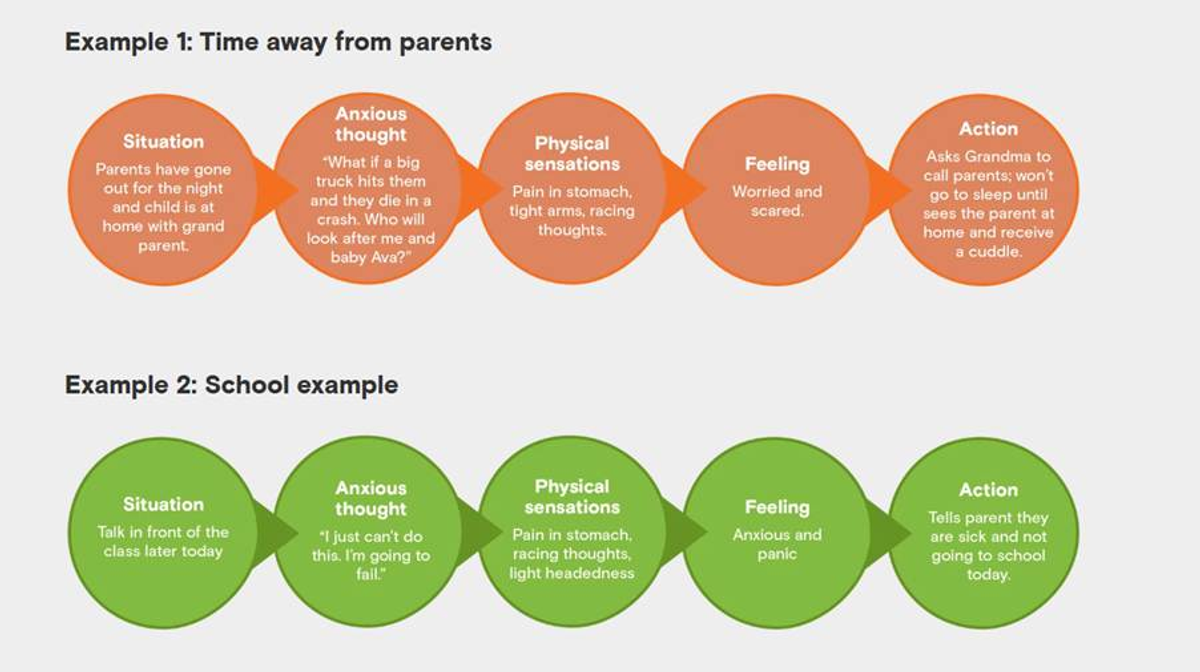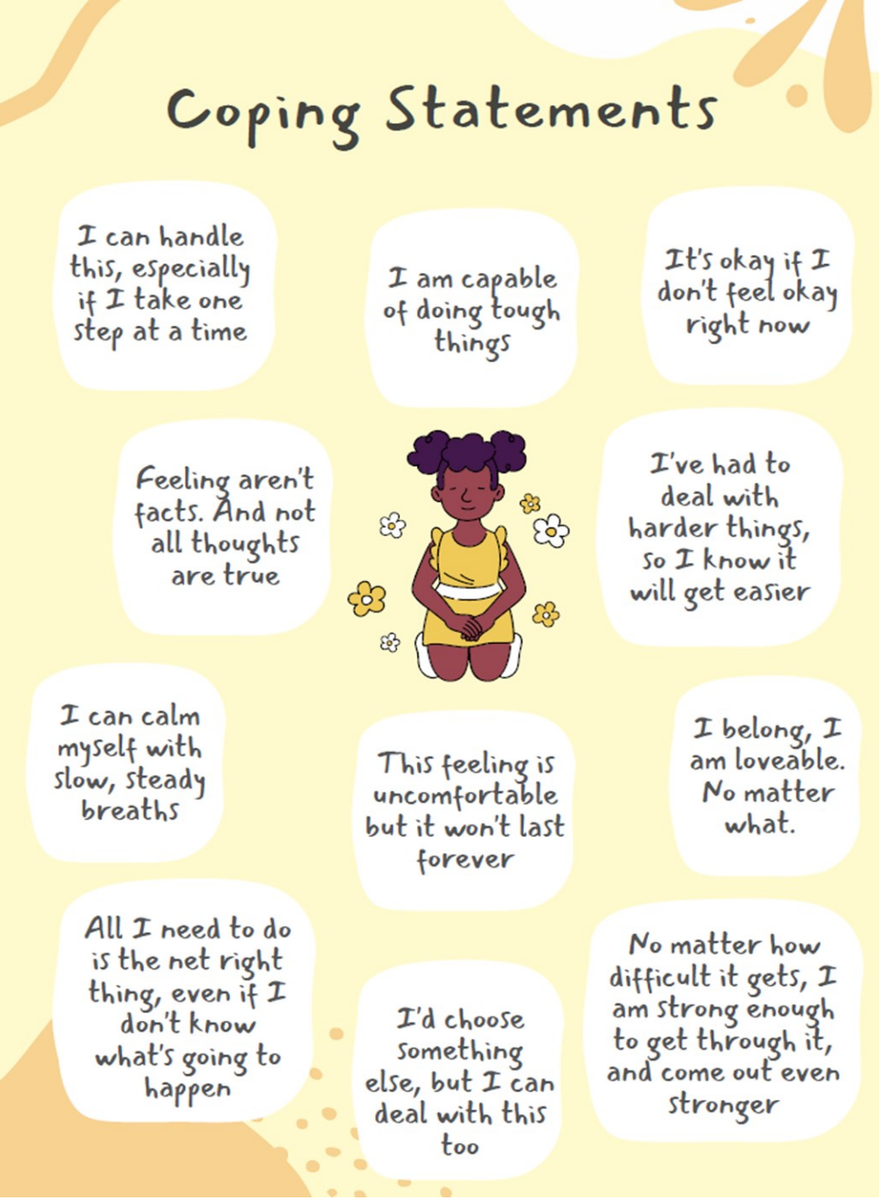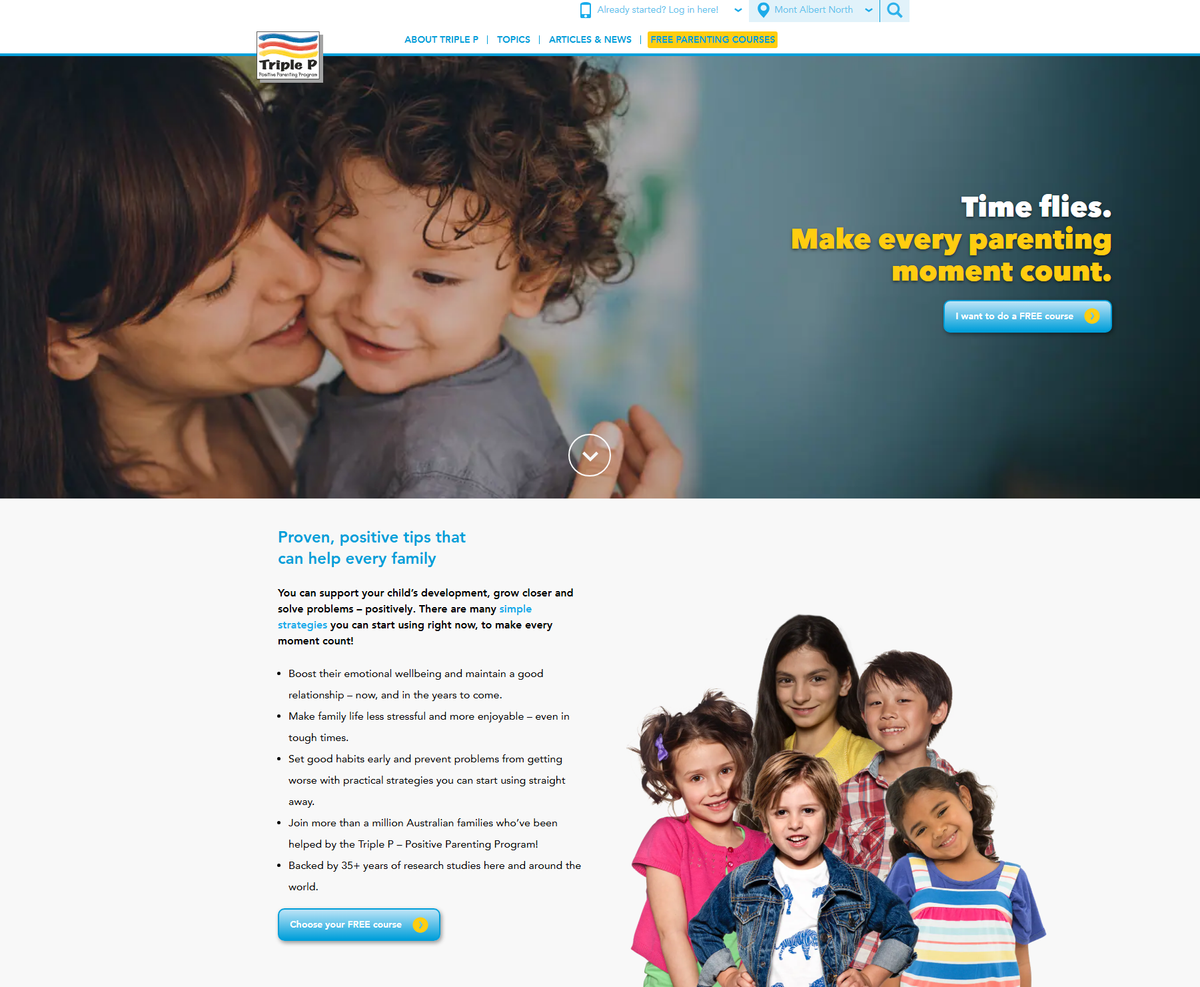Mental Health
& Wellbeing update

Mental Health
& Wellbeing update
Many of us have experienced either anxiety ourselves, or for a loved one. This fortnight let's look more at what anxiety is, what can trigger/cause anxiety in children, how anxiety can impact children, how families can help to support an anxious child and lastly, what professional supports there are to help families.
What is anxiety?
Anxiety is a common reaction to stressful or new situations. It’s our body’s way of letting us know when to be on guard as part of our ‘fight or flight’ response. Depending on the situation you’re facing, anxiety can feel like slight nervousness through to a racing heart and excessive sweating. Most of the time these feelings come and go, and don’t last long. But these feelings can become a problem if they persist and prevent us from doing things that are important to us. Just like adults, children feel anxious sometimes. But if anxious feelings last a long time, cause distress and/or prevent your child from doing activities that are important and meaningful to them (like going to school or seeing friends), they may need support to learn how to manage these feelings. By identifying and addressing issues early, you can help to reduce the risk of your child experiencing anxiety into adolescence and adulthood.
How can I recognise anxiety?
Anxiety is the most common mental health difficulty in children and adolescents. But it can be easy to miss.
Anxiety may show up as physical symptoms, such as a fast heart rate and tears when leaving a parent for the first time or butterflies in the stomach and feeling nauseous before going to a new friend’s birthday party. Children may have trouble concentrating, be more tired than usual and might seem irritable.
Anxiety generally looks different and is related to different developmental milestones in each age group:
What can cause or trigger of anxiety in children?
Anxiety is generally caused by a combination of factors including genetics/family history, and sometimes experiences of trauma or stressful events. Examples of experiences or anxiety triggers that are common in primary school-aged children are listed as follows:
Identifying anxiety early and supporting your child to manage anxiety using strategies such as those outlined in the following examples can make a big difference.
But if you feel anxiety is significantly impacting your child’s wellbeing, friendships, school achievement or family life, talk to your GP. They can provide advice and further support if required while ruling out any physical underlying causes of physical symptoms.
How anxiety affects children: Signs and examples
How your child thinks about a situation, event, person or object influences their feelings and behaviours.
As you can see in the following examples, an anxious thought like ‘What if something terrible happens?’ can lead to a physical sensation (feeling sick or racing thoughts), anxious feelings (worried or scared), and then an action, like avoiding a situation (not wanting to stay at Grandma’s place or go to school).


How can families help support children with anxiety?
There are lots of things you can do to help your child better manage anxiety and reduce its impact on their life:
Getting professional support
It can be very difficult to tell if your child’s behaviour is just a phase, or a signal that they’re struggling with anxiety and need help from a health professional.
Remember you are the expert on your child, and if you feel anxiety is impacting on their daily life, wellbeing, relationships, school achievement or family life, talk to your GP. They can assess your child and talk to you about the types of support available. Getting professional support early can build resilience in your child which will be an important foundation as they grow.


For more support to help with your child/ren’s mental health and wellbeing needs, Triple P offer free, online courses designed to build resilience and help in breaking free from anxiety. A link to their website is included below-
https://www.triplep-parenting.net.au/au/parenting-courses/fear-less-triple-p-online/


Term 3's free parenting sessions are available for booking now.
Current sessions topics include:
Circle of Security
Tuning in to Kids
Kids and Worry
Building Resilient Kids
Knowing Your Teen
My Kids and Me and
Stress Busters
For more information, click on the image below and follow the link to their homepage.
Thanks,
Bron Coffey